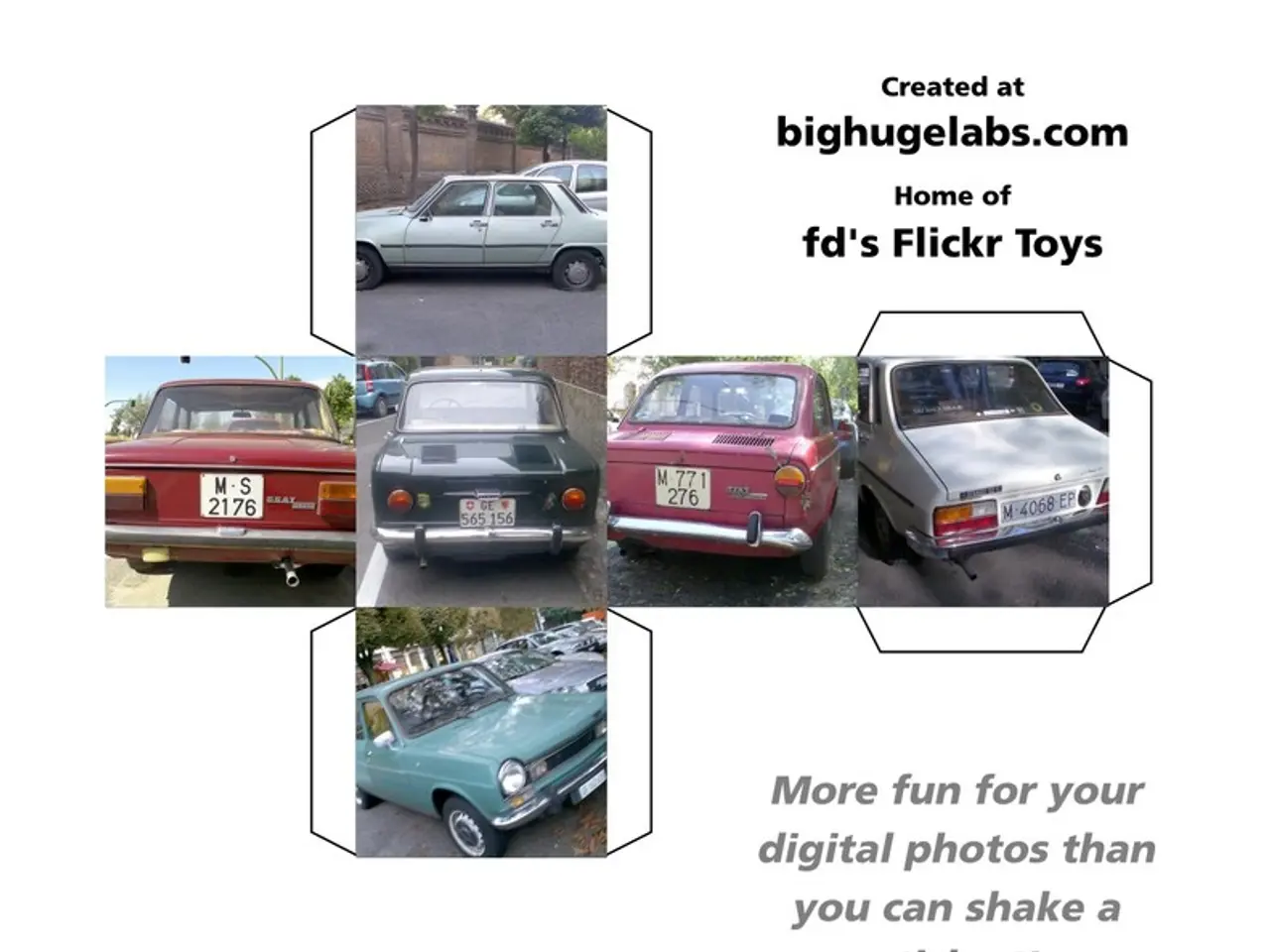Over a fourth of automobiles sold in 2025 will be electric vehicles powered by batteries
The International Energy Agency (IEA) has released a report highlighting the global shift towards battery-powered vehicles, with sales of electric vehicles (EVs) and plug-in hybrid vehicles (PHEVs) on the rise.
According to the IEA's report, more than one in five new cars sold worldwide last year were either fully electric or a plug-in hybrid vehicle. This trend is set to continue, with the IEA forecasting a higher share of new car sales for EVs and PHEVs this year. In fact, the report predicts that EVs and PHEVs will make up more than one-quarter of new car sales this year.
The growth in sales of EVs and PHEVs is a notable development in the global shift towards battery-powered vehicles. The IEA's report indicates an increase in the sales of these vehicles compared to last year, suggesting that the share of new car sales consisting of EVs and PHEVs has grown significantly.
This ongoing global shift is being driven by leading automakers, including Chinese companies like BYD, Tesla, and traditionally strong German manufacturers such as Volkswagen, Mercedes, and BMW. While German brands face increasing competition from Chinese firms and Tesla, they are responding by introducing new electric platforms to recover market share.
In recent years, Chinese NEV (New Energy Vehicles) sales have surged, with the IEA predicting 15.5 million sales in 2025, representing a 20% domestic increase. Meanwhile, German brands have seen their EV market share drop to about 12.8% in Europe, but they are fighting back with new electric models.
The progress of the global shift to battery-powered vehicles is being closely watched, with the IEA's report on the topic featured in our website's "Chart of the week" column. In Germany, electric vehicle registrations rose sharply last year, with around 19% of new cars being fully electric, showing nearly 46% growth year-on-year.
Despite the challenges in key markets such as the U.S., the global shift towards battery-powered vehicles is undeniably underway. As more and more consumers opt for cleaner, more efficient vehicles, the future of the automotive industry looks increasingly electric.
Read also:
- Increased tariffs resulting in higher prices at Shein and other Chinese fast-fashion retailers
- Unstoppable Marvel: Chevrolet's 1000-Mile Silverado EV Rewrites Automotive Landscape
- Global Financial Hub, Hong Kong, Embraces ESG Integration in 90% of Family Offices
- Increased Development Period Due to Gravity: Lucid Embraces Expansion Phase






